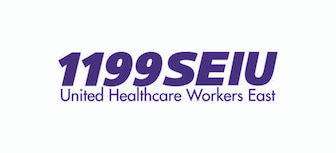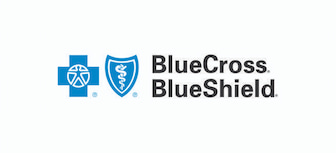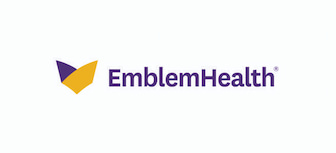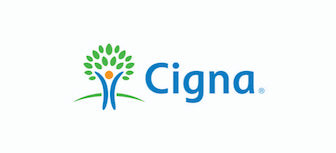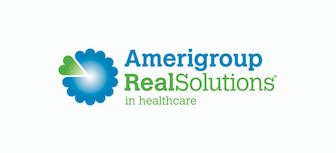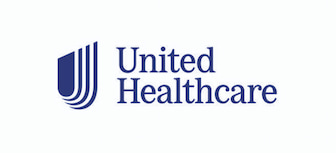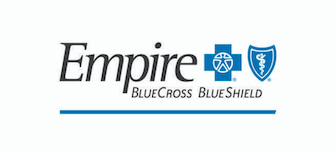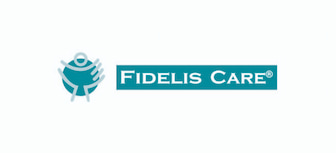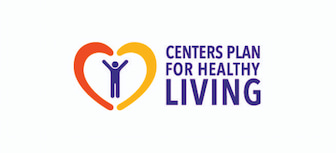What’s the Role of Primary Care Doctors in Manhattan?
Primary healthcare in Manhattan provides essential basic services for wellness. Your primary care physician (PCP) prevents diseases and manages chronic conditions. Your PCP represents the cornerstone of the American medical healthcare system and so is your first point of contact to get the care you need to ensure a good quality of life.
There are about 450 primary care practices in Manhattan, so approximately 240 primary care physicians serve every 100,000 people. These medical professionals meet the needs of a dense, diverse urban population, from infants to geriatrics. Obviously, there’s a high demand for primary care services in Manhattan.
Turn to your primary care doctor for all non-emergency health concerns. Your PCP coordinates access to more advanced care by referring specialists if you need them. Whether you want to schedule an annual physical exam or talk to your doctor about a new rash or injury, book an appointment today.
Can I Make a Same-Day Appointment with a Manhattan Primary Care Doctor?
It’s possible to get a same-day appointment with the best primary care doctors in Manhattan if you act quickly and are flexible. Many healthcare practices leave room in their schedules for urgent care. They’re often able to make same-day appointments for acute health conditions that aren’t emergencies.
You can make a same-day appointment using online scheduling platforms or your phone. Some PCPs offer online consultations through telehealth services to save time. They ask you to visit in person only if they need to conduct specific tests.
Make it easier for your doctor to see you by:
- Scheduling an appointment early, preferably at the start of the day
- Choosing a Manhattan primary care doctor near you
- Being willing to adjust your schedule if the practice has an opening
- Asking to be on a waiting list in case of a last-minute cancellation
Can I Find a Manhattan Primary Care Doctor Who Offers After-Hours Appointments?
You can find after-hours primary care physicians in Manhattan. In fact, if that’s important to you, make sure the doctor you choose offers after-hours appointments. An after-hours primary care doctor makes your healthcare more convenient, especially if you can’t take time off from your job for routine checkups and examinations.
After-hours primary care physicians in Manhattan aren’t just for convenience.
You may encounter situations that require timely medical care that don’t require an emergency room visit, such as:
- Minor, but painful injuries, like a sprain or strain
- Acute illnesses like flus and colds that cause your temperature to rise
- Chronic disease flare-ups like an acute asthmatic attack
- Mental health needs like an anxiety attack
Do Primary Care Doctors in Manhattan Treat Children?
There are many top primary care doctors in Manhattan who specialize health matters for infants, children, adolescents and young adults under age 21. These doctors deliver age-specific medical care like immunizations and physical exams for camp or sports.
Pediatric primary care doctors provide healthcare for children to ensure overall wellness and continued health.
Their services include:
- Developmental screening. These are routine checks to monitor development milestones and to identify any developmental delays in children.
- Vaccinations and immunizations. Pediatricians are responsible for vaccinating children against commonly known but dangerous diseases like TB and measles.
- Allergy management. Primary care doctors identify allergy triggers in an urban environment like Manhattan.
- Mental health assurance. Your primary care physician identifies psychological issues in children in high-stress and dynamic urban environments
Can I Find a Female Primary Care Doctor in Manhattan?
If you feel a woman can best handle your health concerns, you can find many female primary care doctors in Manhattan to choose from. Gender preference is understandable if you suffer feminine health issues. You may also feel more comfortable with a female physician due to communication, trust and quality of care concerns.
About a third of all physicians in New York City are female, and that number may be even higher in primary care, where emphasis is placed on preventive care for families.
You can search for female primary care doctors in Manhattan to schedule an appointment for a number of situations, including:
- Sensitive feminine healthcare issues. You may be more comfortable discussing gynecological or sexual health concerns with another woman.
- Cultural and religious reasons. Some religions and cultures have implied or explicit prohibitions on gender interactions, particularly in areas like sexual health.
- Traumatic situations. Female victims and survivors of gender-based violence may feel safer and more comfortable with an empathetic female doctor.
Can I Find a Manhattan Primary Care Doctor Who Accepts My Insurance?
You can find top-rated primary care physicians in Manhattan who accept your insurance by using this directory. Healthcare insurers make your medical care more affordable. With health insurance coverage, you can get routine, preventative care, as well as emergency medical services when you need them.
When searching for a Manhattan primary care doctor for you and your family, make sure the practice accepts your specific health insurance plan. That should be one of your first questions when inquiring about a PCP.
Then, you discover the many advantages of working with a single point of contact for your healthcare, including:
- Comprehensive health coverage. Your Manhattan primary care physician delivers a wide range of services, including vaccinations, lab tests and even specialist referrals.
- Preventative focus. You gain better access to disease prevention. Plus, early detection and treatment of illnesses lead to better outcomes.
- Cost savings. In-network benefits ensure lower costs for your copay, coinsurance and deductibles. In some instances, you get a full waiver.
- Continued access to quality healthcare. Once you’ve chosen a PCP, you start building a valuable relationship.
How Do I Know My Manhattan Primary Care Doctor Is Board Certified?
Your primary care doctor in Manhattan has been certified by a medical organization, such as the American Board of Medical Specialties (ABMS) or the American Osteopathic Association (AOA). You can verify by searching for your doctor’s name on these organizations’ websites.
Working with a board certified primary care doctor has a direct impact on the quality and effectiveness of the care you get.
The advantages of working with certified Manhattan doctors for primary care include:
- Professional standards. Doctors must adhere to evolving professional standards to maintain their certification.
- Insurance privileges. Insurance providers only work with certified doctors.
- Medical knowledge. Board certified doctors are expected to engage in continuous learning regarding the evolving medical techniques and technology.
- Ethics standards. Certified doctors have had training to maintain a set of ethical behaviors.
Who Can Be a Primary Care Doctor in Manhattan?
A Manhattan primary care physician is a medical professional who provides a broad spectrum of basic health services to keep New Yorkers in optimal health. PCPs offer preventive, diagnostic and curative medical care for common illnesses like colds, flu and infections. They also manage acute and chronic conditions like diabetes and hypertension.
Your primary care doctor is your health advocate, focusing on your well-being, rather than on a specific disease or organ.
PCPs, therefore, are generalists, so there’s a range of medical professionals who are able to serve as primary care physicians, including:
- Family physicians, who offer comprehensive care to all ages
- Internists, who know the body’s functions, but focus on illnesses affecting internal organs
- Pediatricians, who treat mostly those under 21 years old
- Geriatricians, who primarily work with the elderly and are expert in age-related health conditions like osteoporosis
- OB-GYNs, who focus on feminine health issues, such as reproductive health and menopause
- Physician’s assistants and nurse practitioners, who function as conduits to doctors and can handle most day-to-day health complaints
When Do I Need To See My Primary Care Physician?
You need a consultation with your PCP for your annual physical exam, as well as when you have a health-related complaint. Your doctor is your first point of contact to get the care you need, whether it’s to treat a cold or diagnose a new pain. Your primary care doctor either handles your concerns personally or refers your case to an appropriate specialist.
Your PCP is responsible for your general health and well-being.
Schedule a visit for reasons that include:
- Health maintenance. These services monitor and promote your health, such as checkups, screenings and vaccinations.
- Disease prevention. Your doctor reviews lifestyle habits to alert you of health risks. If necessary, you learn about proper diet, nutrition and exercise to prevent illnesses and keep your weight in check to avoid diabetes.
- Disease management. Treatment for chronic illnesses and conditions, such as diabetes or high blood pressure, keep current diseases under control.
- Healthcare coordination. Your PCP enables continuity of care by working with specialists and other healthcare providers to ensure you get the medical services you require.


 My BestDoc
My BestDoc
 Future Appointments
Future Appointments
 Settings
Settings
 Sign out
Sign out
